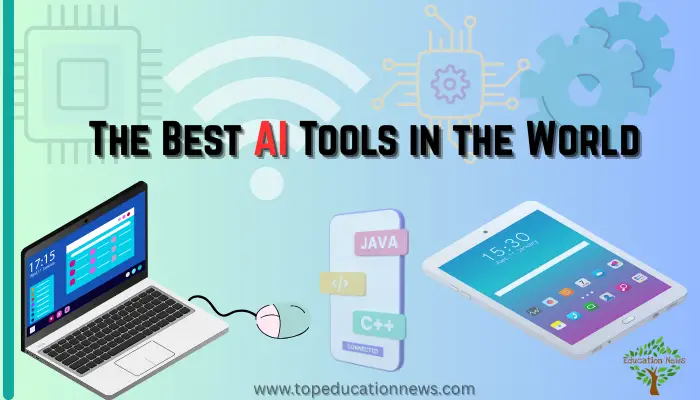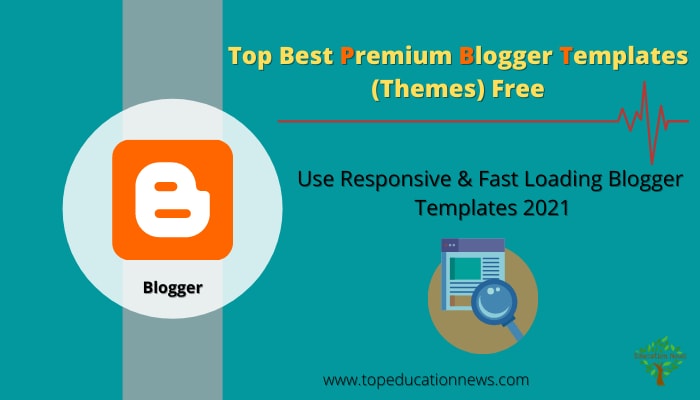Artificial Intelligence (AI) refers to the development of computer systems capable of performing tasks that typically require human intelligence, such as learning, problem-solving, decision-making, and perception.
It involves the creation of algorithms and models that enable machines to process information, adapt to new inputs, and execute actions with varying degrees of autonomy, often mimicking cognitive functions like reasoning and understanding. AI can be categorised into narrow AI, designed for specific tasks (e.g., voice assistants), and general AI, which aims to replicate broad human-like intelligence (still theoretical).
1. ChatGPT (OpenAI) – The Conversation King
ChatGPT. Powered by OpenAI, this tool has been a game-changer since it burst onto the scene, and in 2025, it’s still leading the pack. The latest models, like GPT-4o, are lightning-fast and scarily smart, handling everything from brainstorming blog ideas to writing code. What’s cool? You can throw images at it—like a chart or a meme—and it’ll break them down for you. With millions of users worldwide, it’s the go-to choice for anyone needing a quick and reliable AI chat buddy.
Why it’s fantastic: Multimodal magic (text, images, and more), a massive user base, and constant updates keep it fresh.
Best suited for: writers, students, and anyone who needs a versatile AI assistant.
2. Gemini (Google) – The Research Rockstar
Google’s Gemini is another heavyweight in the AI world. Built by the search giant, it’s designed to dig deep and precisely deliver answers. In 2025, Gemini will shine for its ability to tackle complex queries, making it a favourite for researchers and developers. It’s tightly integrated with Google’s ecosystem, so if you’re already living in Google Docs or Search, this one’s a no-brainer.
Why it’s awesome: Deep research capabilities and seamless Google integration.
Best for: Researchers, data nerds, and Google fans.
3. Grok (xAI) – The Truth-Seeker
Grok is an artificial intelligence developed by xAI, designed to provide helpful and truthful answers to a wide range of questions. It draws inspiration from science fiction, aiming to assist users in understanding the universe and tackling various tasks with a unique, outside perspective on humanity.
Grok is built to be a conversational AI, capable of engaging with users naturally, often humorously, while leveraging advanced reasoning and continuously updated knowledge to deliver insightful responses. Its creators at xAI intend for it to accelerate human scientific discovery and advance our collective understanding of the cosmos.
Why it’s awesome: All about truth and transparency, plus I’ve got some neat tricks like X profile analysis.
Best for: Curious minds, sceptics, and X users.
4. Claude (Anthropic) – The Thoughtful Creator
Claude, from Anthropic, is the AI for people who want natural, human-like output. In 2025, it’s a standout for creative writing, logical reasoning, and even coding. Built by ex-OpenAI folks, Claude’s got a knack for sounding less robotic and more like your smart friend. It’s a bit more guided than others, which makes it perfect if you’re new to AI.
Why it’s awesome: Human-sounding responses and a gentle learning curve.
Best for: Writers, marketers, and AI beginners.
5. Midjourney – The Art Wizard
If you’re into visuals, Midjourney is your dream tool. This AI image generator has taken the creative world by storm, and in 2025, it’s better than ever. Feed it a text prompt—like “futuristic city at sunset”—and watch it churn out jaw-dropping artwork. It’s a favourite among artists, designers, and even marketers looking to spice up their campaigns.
Why it’s awesome: Stunning, high-quality images from simple text prompts.
Best for: Artists, designers, and visual storytellers.
6. Perplexity – The Search Slayer
Tired of endless Google scrolling? Perplexity is an AI-powered search engine that cuts to the chase. In 2025, it’s a top pick for anyone who wants concise, accurate answers backed by real-time data. It’s like having a research assistant who never sleeps, perfect for students, professionals, or trivia buffs.
Why it’s awesome: Fast, focused answers with trustworthy sources.
Best for: Students, researchers, and fact-finders.
7. Synthesia – The Video Visionary
Video content is king, and Synthesia is making it easier than ever to create it. This AI tool lets you whip up professional videos with realistic avatars—no camera required. Just type a script, pick an avatar and boom—you’ve got a training video or ad ready to roll. In 2025, it’s a must-have for businesses and educators.
Why it’s awesome: Video creation made simple with 230+ avatars and 140+ languages.
Best for: Businesses, educators, and marketers.
8. Cursor – The Coding Companion
For developers, Cursor is a 2025 standout. Think of it as an AI-powered IDE (Integrated Development Environment) that writes, debugs, and optimises code alongside you. It’s built to understand large codebases and suggest fixes in real time, saving you hours of frustration.
Why it’s awesome: Coding superpowers for pros and newbies alike.
Best for: Developers, programmers, and tech tinkerers.
Conclusion:
These tools represent the cutting edge of AI in 2025, excelling in areas like writing, coding, multimedia generation, and productivity. The best choice depends on specific needs—whether it’s affordability (DeepSeek), creativity (Midjourney), or workflow integration (ClickUp Brain)—but collectively, they showcase AI’s transformative potential across industries. Which one’s your favourite?









